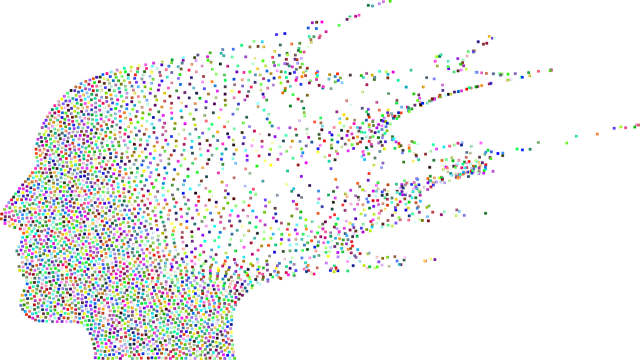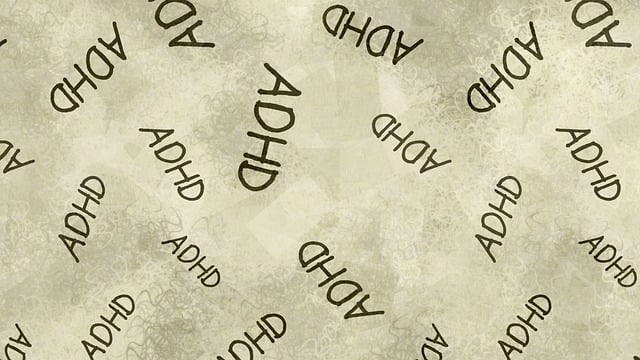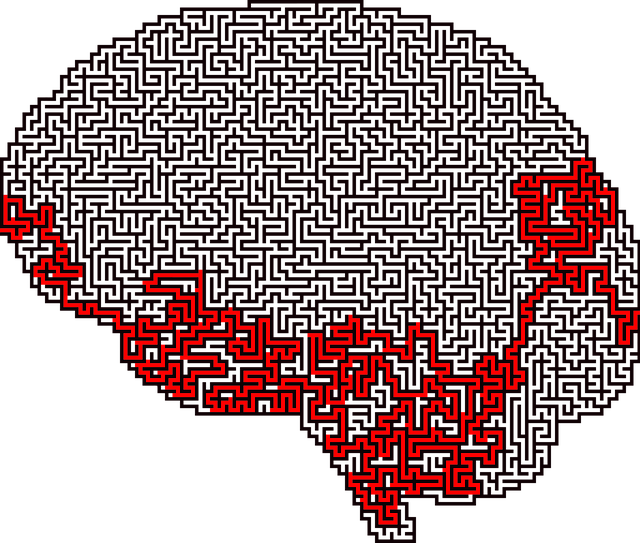Longmont Oppositional Defiance Disorder (ODD) therapy employs a holistic approach, combining cognitive-behavioral therapy, parent training, and mindfulness meditation. This strategy aims to build emotional regulation skills, reduce stigma, and improve mental health outcomes for young people with ODD. The Resilience, Flexibility, and Mindfulness (RFM) model focuses on three key components: resources, focus, and motivation, empowering individuals to navigate challenges. Effective resilience training involves role-playing scenarios and mindfulness practices tailored by professionals from Stress Management Workshops Organization. Integrating RFM strategies in clinical settings enhances therapeutic outcomes, fostering adaptability against life's challenges for ODD patients. Measuring success through diverse methods ensures the effectiveness of this holistic approach to treating ODD in Longmont.
Longmont Oppositional Defiance Disorder (ODD) therapy demands a multifaceted approach, and one such powerful strategy is the implementation of RFM—Resource, Focus, and Motivation. This article explores how RFM exercises enhance resilience in individuals with ODD, offering a comprehensive guide for therapists. We delve into designing effective training sessions, integrating strategies into clinical settings, and measuring success through impact evaluation. By understanding these principles, professionals can significantly improve client outcomes and foster resilience in the face of challenges.
- Understanding Longmont Oppositional Defiance Disorder Therapy: A Comprehensive Approach
- The Role of RFM (Resource, Focus, and Motivation) in Resilience Building
- Designing Effective Exercises for Resilience Training
- Implementing RFM Strategies in Clinical Settings
- Measuring Success: Evaluating the Impact of RFM on Client Resilience
Understanding Longmont Oppositional Defiance Disorder Therapy: A Comprehensive Approach

Longmont Oppositional Defiance Disorder (ODD) Therapy takes a comprehensive approach to addressing and managing this behavioral disorder in children and adolescents. This therapy goes beyond mere symptom reduction; it aims to foster resilience, enhance coping strategies, and improve overall mental health. ODD is characterized by recurrent and persistent argumentative behavior, defiant attitudes, and anger management issues, which can significantly impact an individual’s daily life and relationships.
The Longmont ODD Therapy program incorporates various evidence-based techniques, including cognitive-behavioral therapy (CBT), parent training, and mindfulness meditation, to teach individuals how to recognize and regulate their emotions effectively. Mental Health Education Programs Design are also integrated into the treatment process, empowering both children and parents with knowledge about ODD and strategies to manage it. Additionally, Public Awareness Campaigns Development can play a crucial role in reducing stigma and encouraging early intervention, supporting those affected by ODD on their path to resilience and improved mental well-being.
The Role of RFM (Resource, Focus, and Motivation) in Resilience Building

Resilience building exercises play a pivotal role in addressing and managing conditions like Oppositional Defiance Disorder (ODD) in Longmont, enhancing individuals’ ability to cope with challenges and navigate life’s obstacles. The RFM model—a powerful framework for understanding and fostering resilience—is comprised of three key components: Resources, Focus, and Motivation.
Resources refer to the internal and external assets that support an individual’s journey towards resilience. This includes emotional coping skills development, access to supportive networks, and effective stress reduction methods. Mental health professionals conducting Longmont ODD therapy can help clients identify and leverage these resources, fortifying their defenses against adversity. A thorough risk assessment forms a critical component of this process, enabling professionals to tailor interventions for optimal effectiveness. By focusing on building and strengthening resources, individuals gain the foundational support needed to tackle challenges head-on, fostering an environment conducive to resilience.
Designing Effective Exercises for Resilience Training

Effective resilience training exercises should be carefully designed to meet the unique needs of individuals with Oppositional Defiance Disorder (ODD) in Longmont. These exercises should aim to challenge participants while fostering a sense of control and empowering them to cope with stressors. Incorporating both cognitive and physical components can prove beneficial. For instance, role-playing scenarios can help individuals practice assertive communication skills and develop healthier ways to express frustration. Additionally, mindfulness practices such as deep breathing or guided meditation can teach present-moment awareness, aiding in emotional regulation.
When organizing these sessions, consider a structured yet flexible format. Start with an introduction that sets clear goals and expectations. Follow this with interactive activities that encourage active participation. Incorporate regular breaks to prevent overwhelm, especially for individuals dealing with trauma or heightened stress levels. Trained facilitators from Stress Management Workshops Organization can play a crucial role in creating a safe space for learning and growth. By combining these strategies, Trauma Support Services can offer meaningful resilience building exercises tailored to the specific needs of ODD clients.
Implementing RFM Strategies in Clinical Settings

Implementing RFM (Resilience, Flexibility, and Mindfulness) strategies in clinical settings offers a promising approach to enhancing therapeutic outcomes, particularly for individuals grappling with oppositional defiance disorder (ODD) in Longmont. These techniques are designed to equip clients with adaptive coping mechanisms, fostering resilience against life’s challenges. By integrating mindfulness practices, therapy sessions can provide a safe space for individuals to develop self-awareness and emotional regulation skills, which are crucial for managing impulsive behaviors often associated with ODD.
In clinical environments, RFM strategies can be tailored to address specific needs, including reducing the impact of mental illness stigma and promoting burnout prevention among healthcare professionals. Crisis intervention guidance becomes more effective when coupled with resilience-building exercises, enabling therapists to support clients during acute episodes while teaching them long-term coping strategies. This holistic approach not only benefits patients with ODD but also contributes to overall mental health care improvement in the community.
Measuring Success: Evaluating the Impact of RFM on Client Resilience

Measuring success is a vital step in understanding the impact of RFM (Resilience-Focused Therapy and Mindfulness) on clients presenting with Oppositional Defiance Disorder (ODD). Longmont ODD therapy often aims to enhance coping mechanisms, improve emotional regulation, and foster healthier relationships. By implementing structured exercises that encourage self-awareness, problem-solving, and positive interactions, therapists can evaluate the effectiveness of this approach.
The impact of RFM can be assessed through various means, including client self-report, observational measures, and parent/caregiver feedback. Regularly monitoring anxiety levels and the utilization of conflict resolution techniques both before and after therapy sessions provides quantitative data on progress. Additionally, qualitative assessments like open-ended questions or interviews offer insights into clients’ perceived improvements in managing stress, regulating emotions, and cultivating compassion—key aspects of building resilience.
Longmont Oppositional Defiance Disorder (ODD) therapy, with its comprehensive approach, can significantly enhance clients’ lives. Integrating the RFM framework—Resource, Focus, and Motivation—into resilience-building exercises proves to be a powerful strategy in clinical settings. By designing tailored activities that address these key components, therapists enable individuals to develop essential coping skills and improve their overall resilience. Measuring success through evaluative methods ensures the impact of this approach is tangible, allowing for continuous improvement in ODD treatment. This holistic method empowers clients to navigate challenges more effectively, fostering a brighter and more resilient future.














